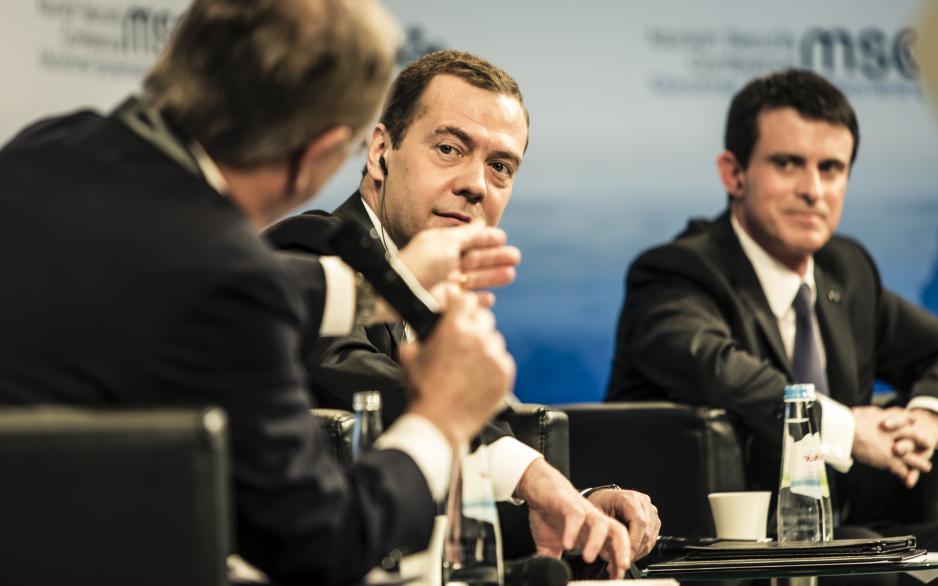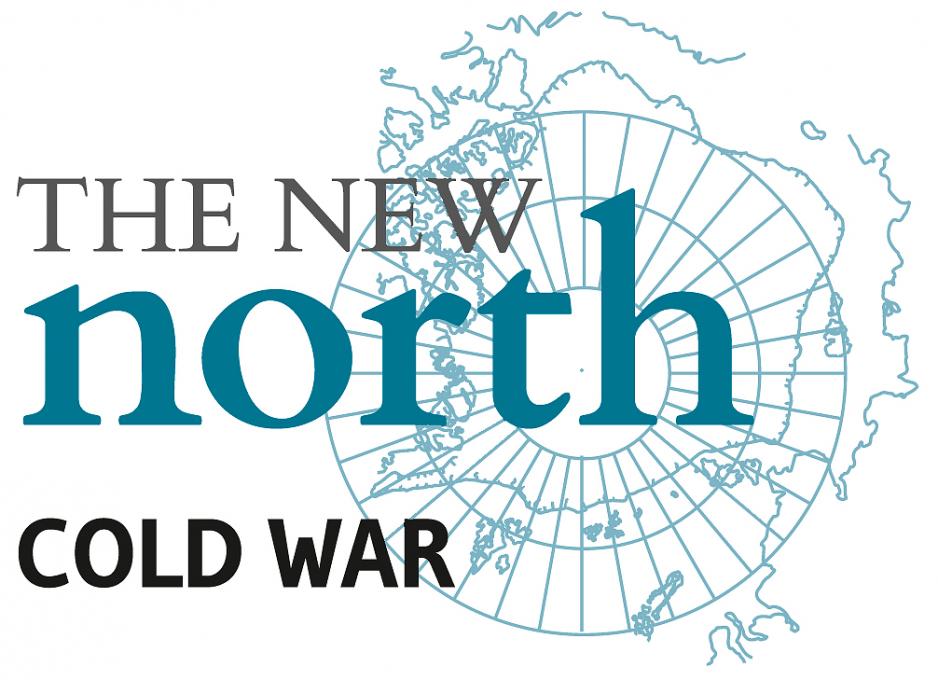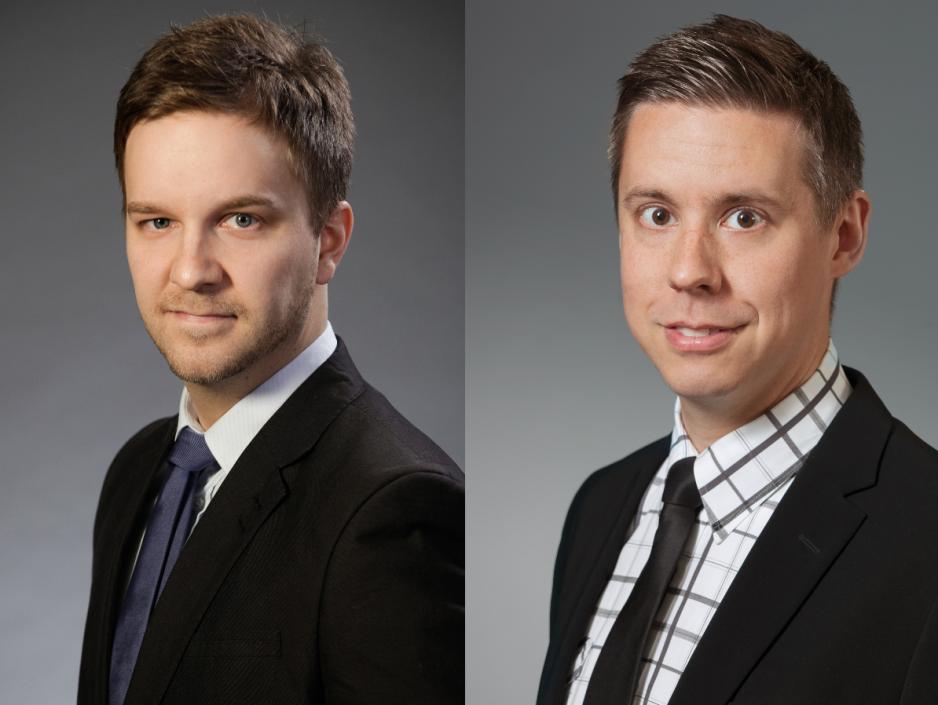- Misunderstandings can lead to an escalation that is difficult to stop

- If the political relationship between Russia and the West should worsen, the adoption of Cold War rhetoric could lead to a classical security dilemma in the Arctic, say researchers Harri Mikkola and Juha Käpylä at the Finnish Institute of International Affairs (FIIA).
Klikk her for norsk versjon av artikkelen.
- Have we already slid into a new Cold War, or are we heading towards it? And if we are; what would the concequences be? High North News has asked experts from nine different countries, encompassing the entire circumpolar region. The question polarized respondents.
Click here to read the articles we have published so far.
- Economic cooperation would be severely damaged
- If deteriorated relations continue to worsen, it is possible that practical, grass-roots work like the Arctic Council working groups are doing, could become affected by negative, extra-regional spill-over effects. Also, cooperation in “non-strategic” areas, such as research cooperation, cross-border cultural cooperation and environmental protection would be negatively affected. Economic cooperation could be severely damaged by increased country risks and unstable and an unpredictable operating environment, say researchers Harri Mikkola and Juha Käpylä at The Finnish Institute of International Affairs (FIIA).
Mikkola is a Senior Research Fellow at The Global Security research programme at FIIA, and his colleague Käpylä is a Research Fellow at FIIA’s Global Security Research Programme.
- Perhaps, most worryingly, the adoption of Cold War rhetoric could lead to a classical security dilemma in the Arctic, which would seem to necessitate a risky military competition and build-up in the region. This would also raise the risk of misperceptions or misunderstandings that then can lead to an escalation that is difficult to stop, they say.
Spillover to Arctic cooperation is likely
- If the tense relations between the West and Russia were to deteriorate further, some spillover to Arctic cooperation is likely. The question is: where is the tipping point? When is it no longer possible for the parties to ignore their overall bad relations, also in the Arctic context? While some analysts attempt to suggest the location of such a tipping point, it seems to be a purely speculative exercise for the time being”, say Timo Koivurova (Research Professor and Director at the Arctic Centre of the University of Lapland, Finland) and Adam Stepien (Researcher at the same institution).
Don´t miss the upcoming articles in our New North series - sign up for our newsletter:

The New North series is made by:
Hege Eilertsen
Arne Finne
Linda Storholm
Arne O. Holm
Andreas Raspotnik
Andreas Østhagen
Berit Enge

